READ
skiers
miss the
snow &
scientists Read More >
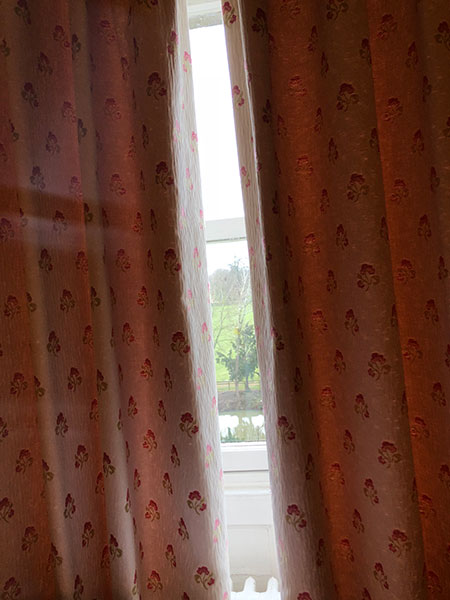

The Past is Your Mother in a Leopard Skin Jumpsuit
Read More >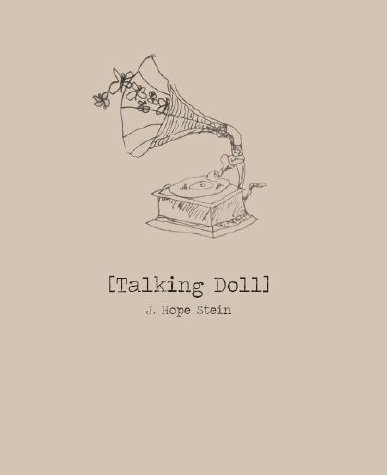
Ladies and Gentleman,
I’d like to introduce you to the collection, Talking Doll, by J. Hope Stein, published by Dancing Girl Press. What is wrought here in this collection is Genesis and the Big Bang birthing a corporate reality where everything and nothing is co-opted. First published in the 2012 issue of Ping-Pong, “The Invention of the Talking Doll,” is an example of what I am talking about: Read More >

Where They Burn Books
Read More >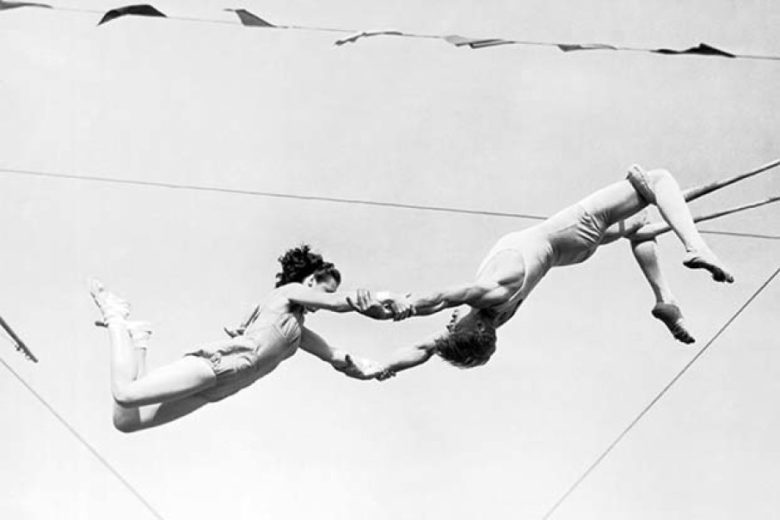
Circus
(translated by Ry Beville)
There have been however many eras
And there has been brown war
There have been however many eras
And in the winter gales have blown
There have been however many eras
The one here this evening, in its prime
The one here this evening, in its prime
From the circus tent’s lofty beam
A solitary trapeze artist swings
A barely visible trapeze artist swings
Hanging his arms while upside down
Beneath the dirty cotton canopy
Yuahhn Yuyohhn Yuyayuyon
A white lamp burning nearby
Exhales its breath of cheap ribbons
The spectators, all of them sardines,
With oyster shells of ululating throats
Yuahhn Yuyohhn Yuyayuyon
Darkness beyond the tent the darkest dark
The evening stretches on endlessly late
The nostalgia of him in his little parachute
Yuahhn Yuyohhn Yuyayuyon
from Poems of the Goat
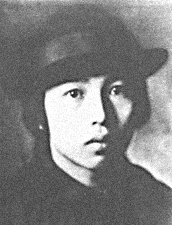
Born in 1907 Nakahara Chûya was one of the most gifted and colourful of Japan’s early modern poets. A bohemian romantic, his death at the early age of thirty, coupled with the delicacy of his imagery, have led to him being compared to the greatest of French symbolist poets.
Since the Second World War Nakahara’s stature has risen, and his poetry is now ranked among the finest Japanese verse of the 20th century. Influenced by both Symbolism and Dada, he created lyrics renowned for their songlike eloquence, their personal imagery and their poignant charm.
Translator: Ry Beville graduated from the University of Notre Dame (B.A.) and UC Berkeley (Phd), and studied Japanese poetics at the University of Tokyo. He has translated Nakahara Chûya in three volumes: Poems of the Goat (2002), Poems of Days Past (2005), and Uncollected Poems (2007). He also created the Haikuism app. His most recent publication is the novel, What Remains. He is president and CEO at Brightwave Media, and a professor at UC Berkeley.
originally published in Ping-Pong Journal of Art and Literature
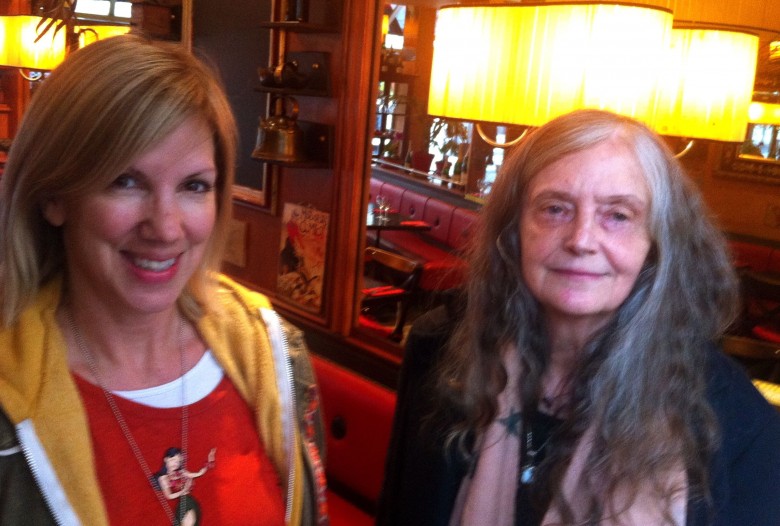
In May of 2014 I participated in Aller Retour Paris: a week of art, poetry, film, and music in the heart of Paris, celebrating the city’s role in shaping Henry Miller as a writer and raconteur. Ping-Pong literary journal hosted the opening night party at Shakespeare and Company. Reading poetry while looking at Notre Dame Cathedral is kind of wondrous. I hope I never get to that place where I think that isn’t the coolest thing on earth, cuz it kinda is. I figured since I was in Paris I’d see about interviewing one of my favorite poets, Alice Notley, who kindly agreed. J. Hope Stein, my friend and newest poetry editor at Ping-Pong also came along, and together we had tea and conversation with a woman who makes life itself an art, like Henry says is the trick of the whole thing. What follows is a shortened version (you have to buy the print copy of Ping-Pong to read it in its entirety).
Alice Doesn’t Live Here Anymore
the (partial) interview with Alice Notley
by: Maria Garcia Teutsch and J. Hope Stein
May 2014 at a café in Paris, France
MGT
I find a playfulness with language and punctuation in your writing with the things that bind our language and in some ways release them. And I’m wondering if in English you find there are more boundaries on the language than you do in the French?
Alice
No (laughs). No, because English is my first language and for me it has no boundaries. But I don’t think one has more or fewer boundaries than the other.
MGT
In French everything is gender, and I know in German everything is gendered.
Alice
In English a lot is gender and nobody notices it. And if you speak a language you don’t notice it. I don’t notice it so much in French. Mostly I strive to master it so I can speak the language. The words you expect to be feminine are never feminine. It never works the way it’s supposed to. It all comes from Latin. I took Latin in high school and I know that gender is always unexpected. (Laughs) Read More >

This month’s Poet Republik feature is another poem from Jean-Noel Chazelle’s first collection of poetry, Le Sang de L’Étoile / Star-Blood. Poet Republik Ltd. is proud to publish his debut in a bilingual translation. Special thanks to Brooke Petersen for translating. Jean-Noel is already an accomplished artist whose paintings have been exhibited around the globe. Below is a sampling of the outstanding poetry in this collection. You can see the influence of his painterly mind in the lush images in his poetry. Enjoy! Read More >

Are the children opening mouths like hungry saxophones
Clamoring for bread from my bread music? Read More >
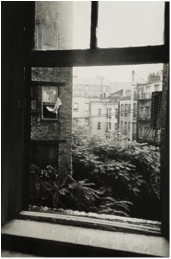
another’s dream

Venezuelan-American writer Megin Jiménez wrote this poem “a few years ago when I was writing a series in the voice of cities. It’s Paris recounting a dream, a nightmare of a fire wakes it up, the rose window in Notre Dame like a big eye.” Read More >